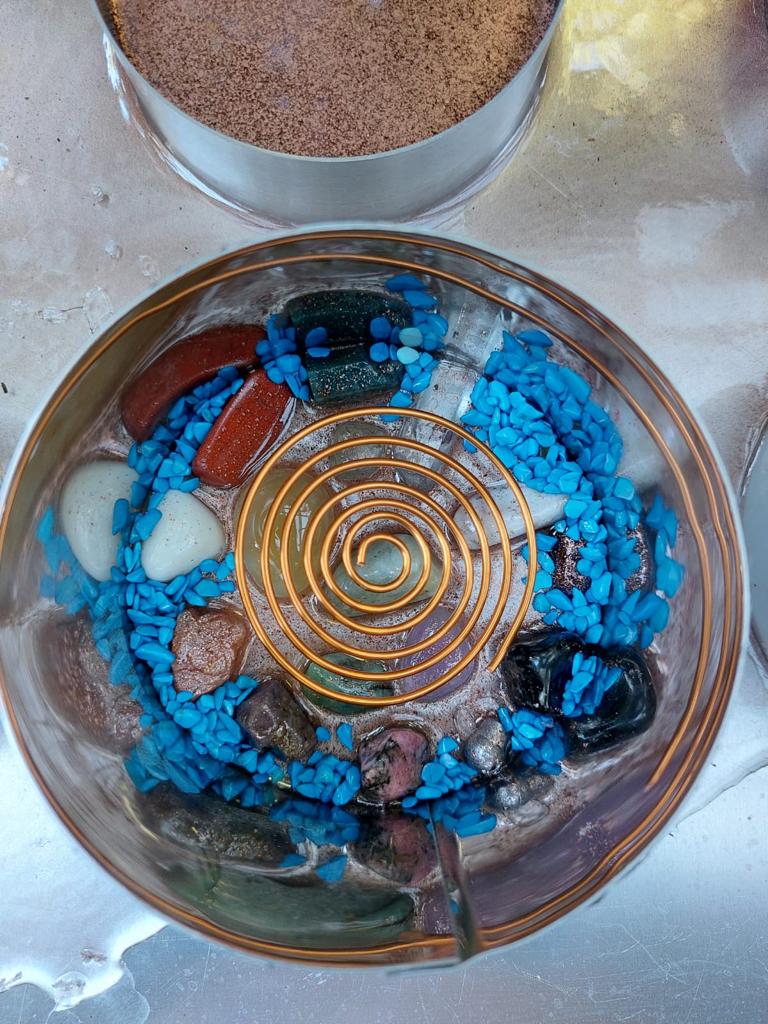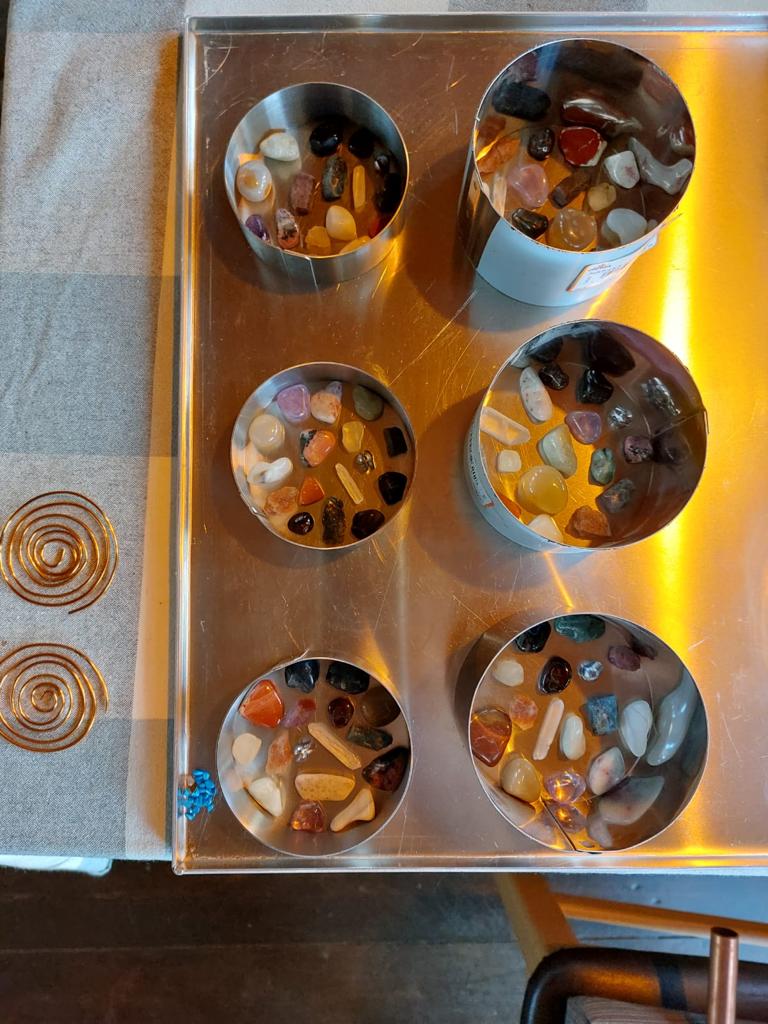Can the water in your home affect the gender of your children?
Plastic as a hormone disruptor
It has been known for many years that plastic components contain xenohormones – substances that are structurally similar to natural hormones in the human body and can affect our endocrine system. Simply put, chemicals found in plastic can mimic or block hormonal activity in the body, thereby affecting the development of the sexual system, fertility and even gender identity.
How do hormones work in the human body?
Hormones are chemical messengers produced by various glands in the body, released into the bloodstream, and bind to receptors on various cells, thereby triggering diverse biological responses. Each hormone is adapted to a specific receptor, and when there are foreign substances that mimic the activity of the hormone (such as xenohormones), they can cause significant disruptions in the hormonal system.
German study: Does your drinking water contain hormones?
A study conducted in Germany examined 20 different brands of mineral water , sold in plastic , glass , and plastic-lined cartons . The water was poured onto a laboratory substrate containing estrogen receptors to see if they had any activity similar to that of the hormone. The results were unequivocal:
7 out of 9 plastic bottles showed increased estrogenic activity.
Of the 9 glass bottles, one showed estrogenic activity, although at a lower level.
All water samples in the cartons showed greatly increased estrogenic activity.
Of the 4 water sources , the highest levels of estrogen were found regardless of the type of packaging.
What does this mean?
1️⃣ Plastic bottles release hormones – When water is stored in plastic, estrogen-like substances are released into the water, and enter our bodies when we drink it. 2️⃣ Groundwater contamination – Some water sources originally contained elevated estrogen levels, probably as a result of the discharge of wastewater containing hormones (from women’s urine, soap residues, or industrial pollutants). 3️⃣ Prolonged exposure affects the reproductive system – Since hormones are involved in sexual development, long-term exposure to these substances may affect children’s hormonal development, and in some cases, gender identity.
Additional studies on the subject
🔬 A study by the University of Rochester (USA) – found a link between exposure to phthalates found in plastic and changes in the development of the sexual system in male fetuses.
🔬 A study by the World Health Organization (WHO) highlighted that hormone disruptors found in plastic can affect fertility, the immune system, and even brain function.
How can exposure be reduced?
Prefer water from glass – moving away from using glass bottles or high-quality water dispensers
Avoid heating plastic – do not put water in plastic bottles in the sun or heat food in plastic containers.
Filter household water – Water systems based on precious metal and vortex flow technologies can reduce contaminants and minimize the hormonal impact of contaminated water
A final thought
The question of whether plastics affect gender identity is still being studied in research, but it is clear that they can disrupt the hormonal balance in the body. If we can reduce our exposure to hormonal pollutants, we can protect the health of our children, and create a more natural environment for their development.










